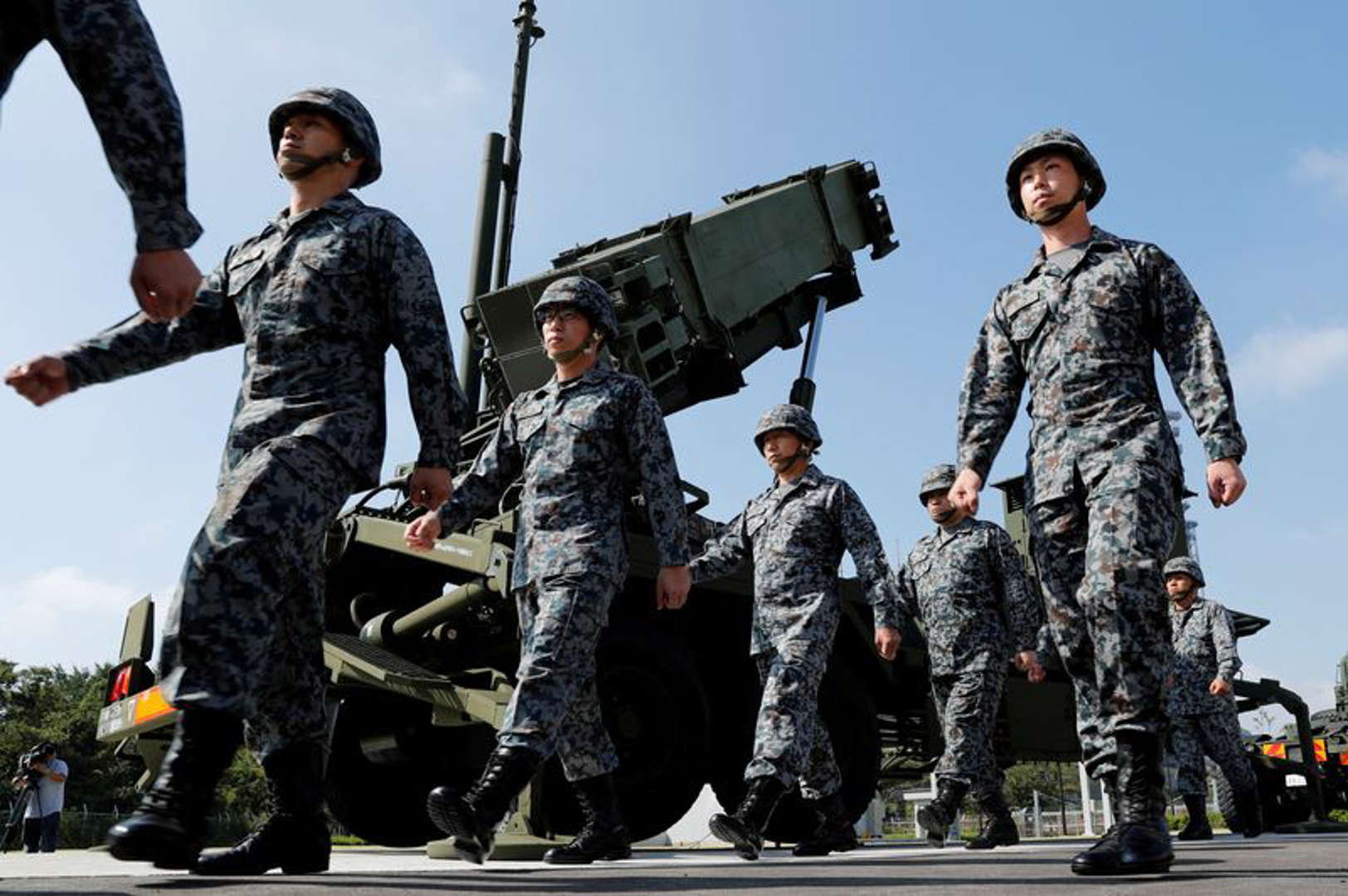North Korea told Japan that it would launch a satellite between May 31 and June 11. On Monday, Japan put its ballistic missile defenses on high alert and warned that it would shoot down any projectile that threatened its land.
Nuclear-armed North Korea says it has finished its first military spy satellite, and Kim Jong Un, the country’s leader, has given the go-ahead for the final launch preparations.
Hirokazu Matsuno, Japan’s chief cabinet secretary, said at a regular meeting after North Korea told the Japanese coast guard about the planned launch, “The government knows that there is a chance that the satellite could pass through our country.”
The order is the first from the Japanese defense ministry in response to a North Korean space launch since 2016. It comes after Japan sent a destroyer with Standard Missile-3 (SM-3) interceptors that can hit targets in space to the East China Sea in April and sent ground-based PAC-3 missiles to the Okinawan islands that can hit warheads closer to the ground.
A defense ministry spokesman said that Japan thinks North Korea will fire the rocket carrying its satellite over the southwest island chain, just like it did in 2016.
North Korean state media have criticized plans by South Korea, the U.S., and Japan, three of North Korea’s rivals, to share real-time information about its missile launches. They say that South Korea, the U.S., and Japan are talking about “sinister measures” to tighten military cooperation.
Analysts say that the satellite is part of a program to improve the country’s ability to hit targets in case of war. This program also uses drones and other monitoring technologies.
The North’s state news service, KCNA, said that Kim looked at a military satellite facility in May.
In the past few months, North Korea has tested a number of missiles and weapons, including a new intercontinental ballistic missile that runs on solid fuel.
Japanese Prime Minister Fumio Kishida told reporters that any North Korean missile launch would be a major violation of U.N. Security Council resolutions that condemn its nuclear and missile activity.
His office wrote on Twitter, “We strongly urge North Korea not to launch.” It also said that it would work with its U.S. ally, South Korea, and other countries, as well as do everything it could to receive and analyze information from any launch.
